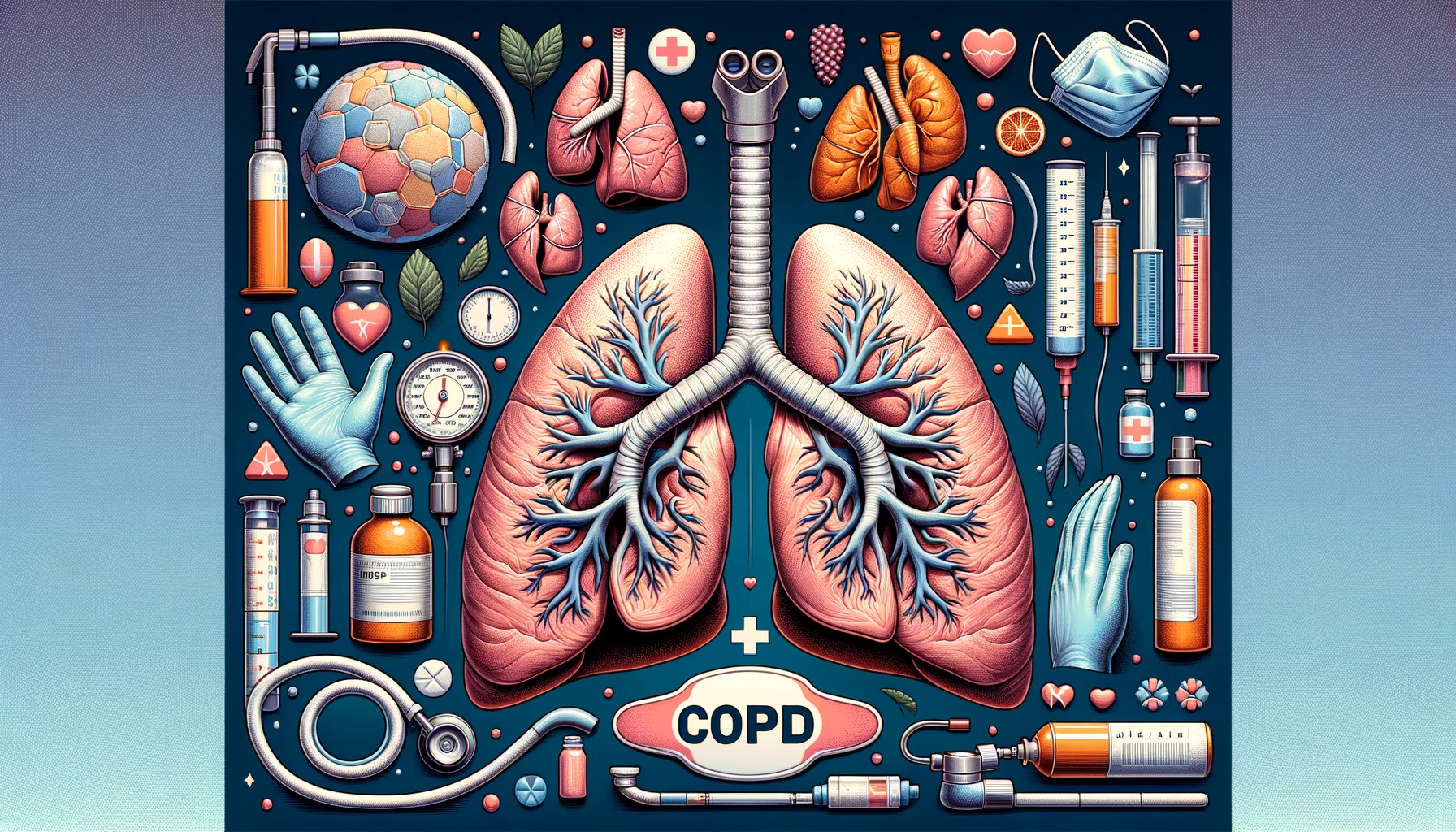Chronic Kidney Disease (CKD) is a condition characterized by the gradual loss of kidney function.

Blog
Understanding Stage 3 Chronic Kidney Disease
Chronic Kidney Disease (CKD) is a condition characterized by the gradual loss of kidney function. When a patient reaches stage 3 chronic kidney disease, their kidneys have sustained moderate damage and are not functioning well. This stage is divided into two sub-stages: 3a (mild to moderate) and 3b (moderate to severe) based on the glomerular filtration rate (GFR).
While chronic kidney disease is not generally reversible, especially in the later stages, progression can sometimes be slowed or halted. The focus is usually on managing symptoms and preventing further damage.
Metformin is a common medication used to treat type 2 diabetes. However, in the context of CKD, it's crucial to know when to stop metformin. Generally, its use becomes a concern at stage 3 or higher due to the risk of lactic acidosis.
Yes, chronic kidney disease can be considered a disability. It's recognized by the Social Security Administration, especially when it significantly limits one's ability to perform basic work activities.
Anemia in CKD patients is typically due to a deficiency of erythropoietin – a hormone produced by the kidneys that's essential for red blood cell production. This is known as anemia associated with chronic kidney disease.
Stem cell therapy is an emerging treatment option. While some studies show potential, it's not yet established as a standard treatment for CKD.
Managing chronic kidney disease involves several strategies including dietary changes, medication, regular check-ups, and in some cases, dialysis. It's important to work with a healthcare team to create a personalized treatment plan.
While chronic kidney disease is not generally reversible, especially in the later stages, progression can sometimes be slowed or halted. The focus is usually on managing symptoms and preventing further damage.
Metformin is a common medication used to treat type 2 diabetes. However, in the context of CKD, it's crucial to know when to stop metformin. Generally, its use becomes a concern at stage 3 or higher due to the risk of lactic acidosis.
Yes, chronic kidney disease can be considered a disability. It's recognized by the Social Security Administration, especially when it significantly limits one's ability to perform basic work activities.
Anemia in CKD patients is typically due to a deficiency of erythropoietin – a hormone produced by the kidneys that's essential for red blood cell production. This is known as anemia associated with chronic kidney disease.
Stem cell therapy is an emerging treatment option. While some studies show potential, it's not yet established as a standard treatment for CKD.
Managing chronic kidney disease involves several strategies including dietary changes, medication, regular check-ups, and in some cases, dialysis. It's important to work with a healthcare team to create a personalized treatment plan.
Need Personalized Health Guidance?
Get expert advice tailored to your specific health needs from our qualified healthcare professionals.





